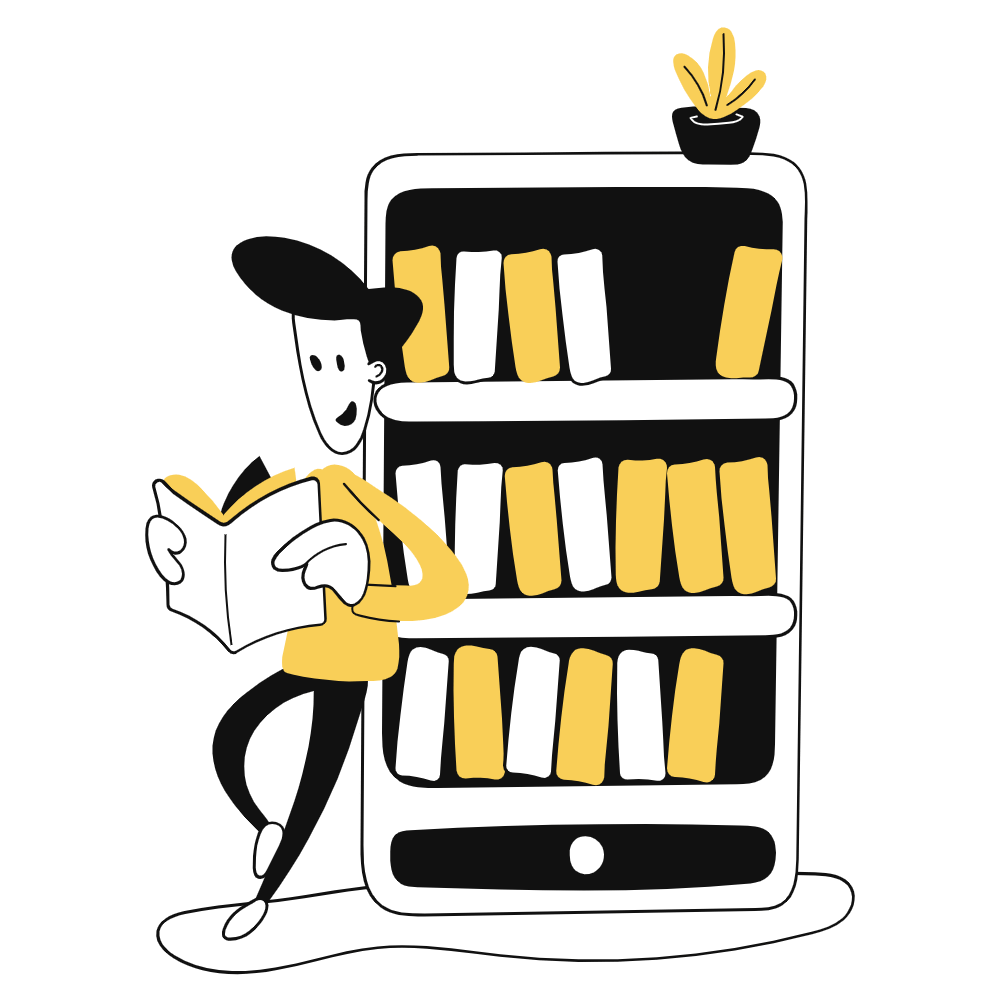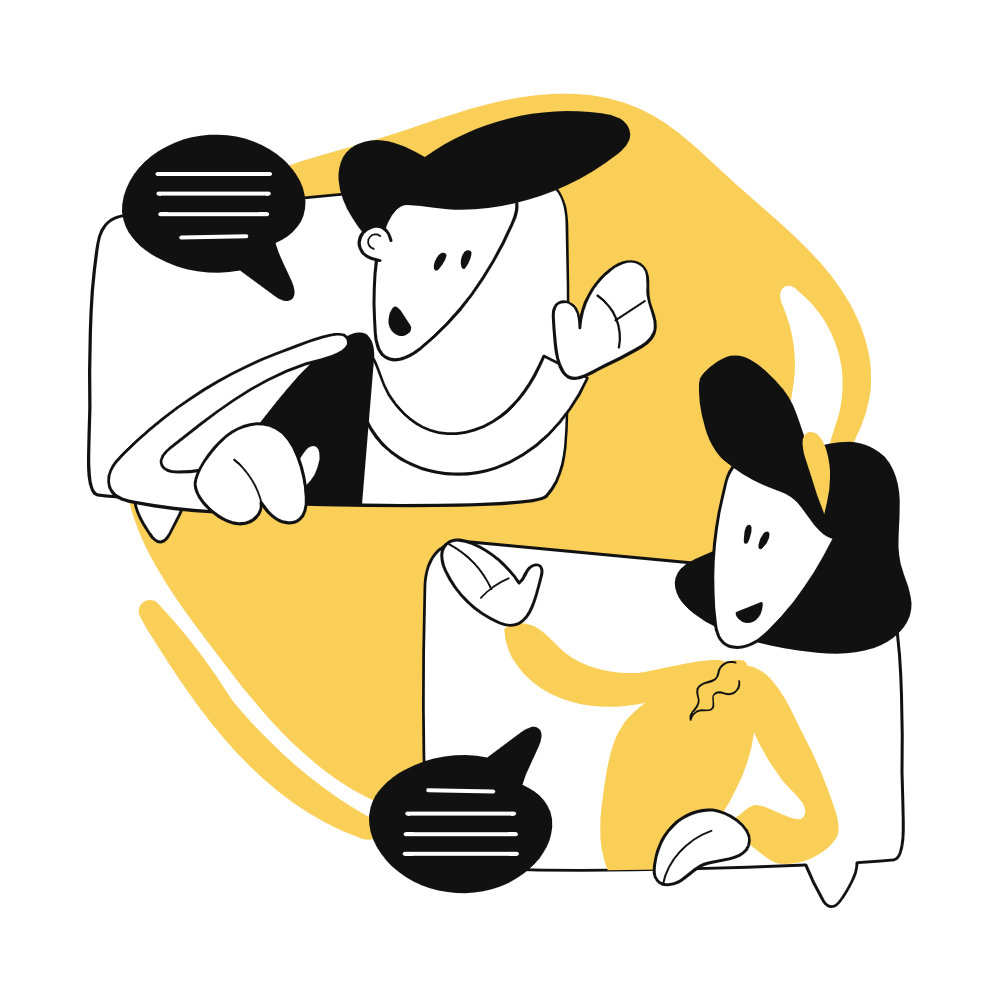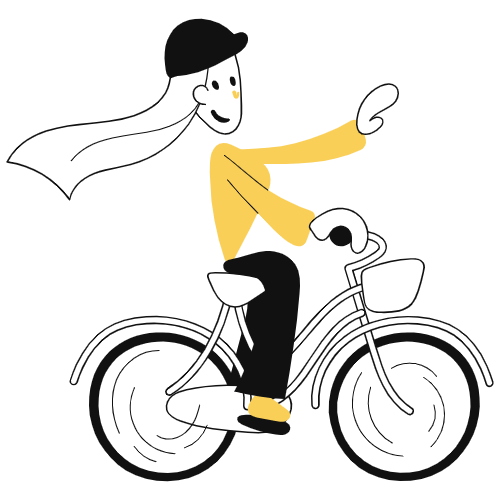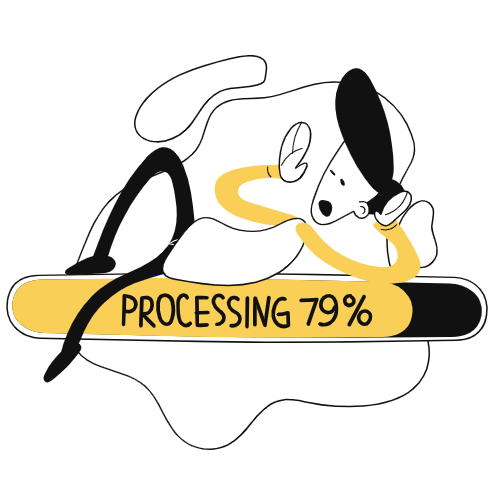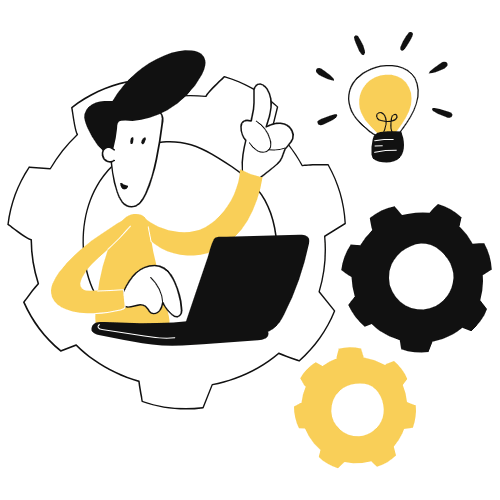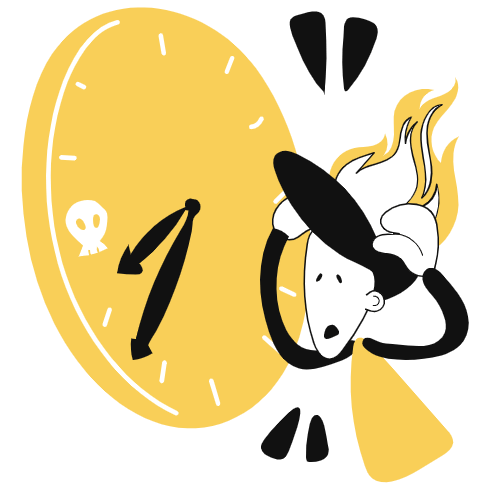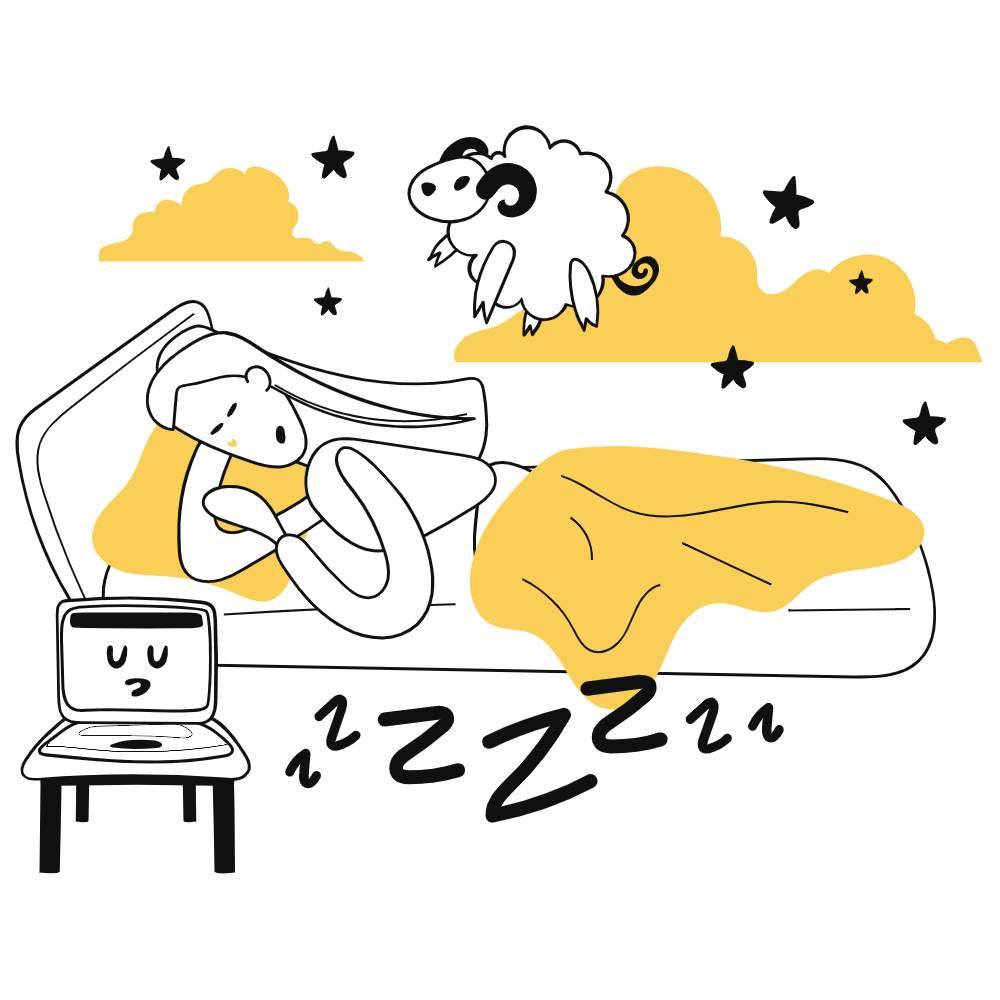Stories of Cognitive Improvement: Inspiring Journeys and Tips Cognitive improvement is a topic that resonates with many, especially those who are passionate about self-learning. The idea of enhancing one’s mental faculties—whether it be memory, focus, or problem-solving abilities—holds a certain allure. But how do real people achieve these improvements, and what can we learn from their journeys? In this 3,000-word exploration, we’ll dive into inspiring stories of cognitive improvement, backed by research and expert advice, offering practical tips along the way. The Power of Neuroplasticity: Rewiring the Brain Before we delve into the stories, it’s important to understand the concept of neuroplasticity—the brain’s remarkable ability to reorganize itself by forming new neural connections throughout life. This ability allows us to improve cognitive functions through consistent practice and the adoption of new habits. Dr. Norman Doidge, in his book The Brain That Changes Itself, describes neuroplasticity as the brain’s way of adapting to new challenges and environments. He shares compelling stories of individuals who have overcome significant cognitive deficits, demonstrating that it’s never too late to improve your brain’s functioning. Story 1: The Musician Who Beat Memory Loss Let’s start with the story of Daniel, a professional musician in his 50s, who began noticing troubling signs of memory loss. As a pianist who relied heavily on his memory to perform, this was a devastating blow. Worried that his career might be over, Daniel sought help and stumbled upon the concept of neuroplasticity. Daniel began incorporating specific exercises into his daily routine designed to enhance memory, such as learning new pieces of music, practicing visualization techniques, and even engaging in memory games. He also adjusted his diet to include brain-boosting foods like blueberries and walnuts, which are rich in antioxidants and known to support cognitive health. Over time, Daniel’s memory began to improve. Not only did he regain his ability to perform complex pieces from memory, but he also reported feeling sharper and more focused in other areas of his life. His story is a testament to the brain’s ability to adapt and grow, even in the face of decline. Research Insight: Studies have shown that engaging in mentally stimulating activities, such as learning a musical instrument, can enhance cognitive function and even delay the onset of dementia. A study published in the journal Frontiers in Psychology found that musicians tend to have better auditory memory and cognitive flexibility than non-musicians. Story 2: The Executive Who Mastered Mindfulness Next, we have Sarah, a high-powered executive who was known for her sharp mind and quick decision-making skills. However, the stress of her job began to take a toll on her mental health, leading to burnout, anxiety, and cognitive fog. Determined to regain control, Sarah turned to mindfulness as a potential solution. Sarah started with just a few minutes of mindfulness meditation each day, focusing on her breath and letting go of the thoughts that cluttered her mind. She gradually increased her practice, incorporating mindful eating, mindful walking, and even mindfulness at work. The results were astounding. Not only did Sarah’s anxiety levels decrease, but her cognitive function also improved. She reported being able to focus better, think more clearly, and make decisions with greater confidence. Mindfulness, she discovered, was not just a tool for relaxation but a powerful way to enhance cognitive performance. Research Insight: Mindfulness has been shown to have a profound impact on cognitive function. A study published in the journal Psychological Science found that mindfulness meditation can improve working memory capacity and reduce mind-wandering, both of which are crucial for effective cognitive functioning. Story 3: The Retiree Who Discovered Lifelong Learning John, a retiree in his 70s, had always been a voracious reader and lifelong learner. But as he aged, he began to notice a decline in his cognitive abilities—forgetfulness, difficulty concentrating, and a slower processing speed. Rather than accept this as an inevitable part of aging, John decided to take action. He enrolled in online courses on topics that interested him, such as history and philosophy, and began participating in discussion groups. John also started reading books that challenged him intellectually, pushing himself to understand complex concepts and theories. John’s cognitive abilities began to improve. He found that his memory became sharper, his thinking clearer, and his ability to engage in deep conversations was restored. He even took up new hobbies, like learning a foreign language, which further stimulated his brain. Research Insight: Lifelong learning has been linked to cognitive resilience in older adults. A study published in the Journal of Gerontology found that older adults who engage in continuous learning have better cognitive outcomes than those who do not. The act of learning new skills and information helps to keep the brain active and engaged, which can slow cognitive decline. Story 4: The Student Who Overcame ADHD with Routine Mark, a college student, had struggled with ADHD his entire life. He found it difficult to focus on his studies, stay organized, and manage his time effectively. As a result, his grades began to suffer, and he felt increasingly frustrated and overwhelmed. Determined to turn things around, Mark decided to create a daily routine that would help him manage his ADHD symptoms. He started by breaking down his tasks into smaller, more manageable chunks and using tools like planners and timers to stay on track. Mark also incorporated regular exercise and a balanced diet into his routine, both of which have been shown to help manage ADHD symptoms. The impact was immediate. Mark’s ability to focus improved, his grades went up, and he felt more in control of his life. By establishing a routine and sticking to it, Mark was able to harness his brain’s potential and achieve academic success. Research Insight: Routine and structure are essential for managing ADHD symptoms. A study published in the Journal of Attention Disorders found that individuals with ADHD who establish consistent routines experience improvements in attention, organization, and overall cognitive function. Practical Tips for Cognitive Improvement The stories above are not

Daily Diary Writing: Your Guide to a Balanced Mind In today’s fast-paced world, achieving a balanced mind can feel like…




